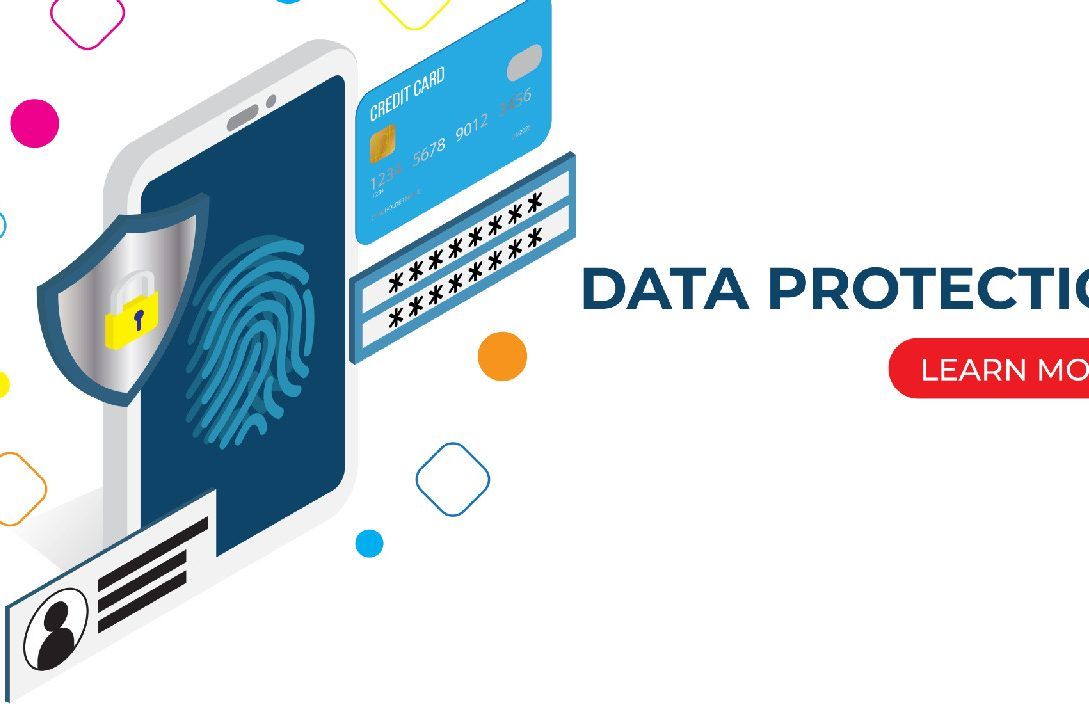In an age where data flows ceaselessly through digital channels, protecting sensitive information has become an utmost priority. From personal details to financial records and business secrets, the need for robust data protection and compliance measures has never been more critical. In this blog post, we’ll delve into the realms of data protection and compliance, exploring their significance, challenges, and best practices.
Understanding Data Protection and Compliance
Data protection refers to the safeguarding of sensitive information from unauthorized access, use, or disclosure. Compliance, on the other hand, involves adhering to legal and regulatory requirements concerning data privacy and security. In today’s interconnected world, organizations must strike a balance between utilizing data for operational efficiency and ensuring the privacy and security of that data.
The Significance of Data Protection and Compliance
- Trust Building: Establishing robust data protection measures enhances customer trust. When individuals feel their personal information is safe with a company, they are more likely to engage in transactions and share data.
- Legal and Financial Consequences: Data breaches can result in legal action, regulatory fines, and reputational damage. Non-compliance with data protection regulations can have severe financial implications for organizations.
- Reputation Management: A single data breach can tarnish an organization’s reputation, leading to loss of customers and business partners.
Best Practices for Data Protection and Compliance
- Data Encryption: Encrypting sensitive data during storage and transmission adds an extra layer of security, rendering data unreadable to unauthorized individuals.
- Access Control: Implement strict access controls to limit who can view and manipulate sensitive data. Only authorized personnel should have access to specific information.
- Regular Audits: Conduct routine security audits and vulnerability assessments to identify potential weaknesses in your data protection infrastructure.
- Employee Training: Educate employees about data protection best practices and the importance of compliance. Human error is a common cause of data breaches.
- Data Minimization: Collect and store only the data necessary for your business operations. Minimizing data reduces the potential impact of a breach.
- Privacy by Design: Build data protection measures into your systems from the ground up. Consider privacy implications at every stage of development.
- Vendor Due Diligence: If you share data with third-party vendors, ensure they also adhere to robust data protection and compliance practices.

Conclusion
In a world where data is often referred to as the “new oil,” protecting it has never been more crucial. Data breaches can have far-reaching consequences, affecting not only the financial well-being of organizations but also the privacy of individuals. By adopting a proactive approach to data protection and compliance, organizations can navigate the challenges of a digital landscape while upholding the principles of privacy, security, and trust. As technology evolves and regulations become more stringent, the journey toward robust data protection will remain a dynamic and ongoing endeavor.
Related Posts:
Get Started with a free 15 -day trial
No credit card required for Trial Plan
Continue using starter plan for free forever, after trial or upgrade to Premium Subscription





